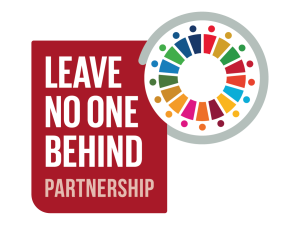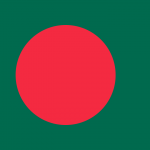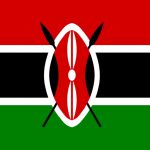Event Date: 2021-01-27 to 2021-01-27
The LNOB Bangladesh team arranged a National Consultation On Ensuring Inclusive Services in Bangladesh on 27 January, where they disseminated their report on the Community Score Card, which they have developed as part of their scaled up LNOB project.
The objective of the consultation was to understand the level of exclusion of the marginalized groups during the pandemic in terms of getting health service and social safety. During the consultation, which was moderated by Senior Director of BRAC, KAM Morshed, the findings of the study Citizens’ Assessment of District level COVID-19 Responses: Focus on Food, Cash assistance, and Health Service for the Marginalized Groups were presented. Using Commmunity Score Card (CSC) and Key Informant Interviews (KIIs), 320 citizens took part in the study aimed to find out in how far Bangladesh incorporates marginalized people in its attention span during the pandemic. Major finds on food and cash assistance show that Jhalokathi, Baristal, and Brahmanbaria scored highest district-wise, whereas nearly half of the studied districts (28) received lowest scores. In health services, district-wise a fifth of the districts (13) received highest scores and nine (9) low scores. For sub-indicators, COVID tests and treatments received highest scores and action against complaints the lowest. Recommendations on the policy brief emphasised allocating resources, district-wise hotlines to address complaints, prioritizing marginalized groups in the national emergency plan, issuing health cards, and mapping the marginalized groups.
During the event the participants heard testimonials from community members on the impacts of the COVID lockdown on employment and income losses as well as from local health care professionals on the health cards Shastho Surokkha Kendro (SSK) provided by the Ministry of Health and Family Welfare as a pilot project in certain districts, with plans for nation-wide implementation in order to provide citizens with health cards with which they are able to get health services from the governmental organizations. Further contributions were made by participants on the topic of successfully providing health services to the marginalised people during the pandemic, with the success being credited amongst others to having an action plan for the sector-wise vulnerable groups by categorization that could be used to distribute relief evenly. The meeting concluded with remarks on marginalized people and women in particular being victims of discrimination in society and that the challenges for those not included in the social safety net have rather experienced more inequality during the COVID pandemic.
For more information, please contact Evana ([email protected]).








